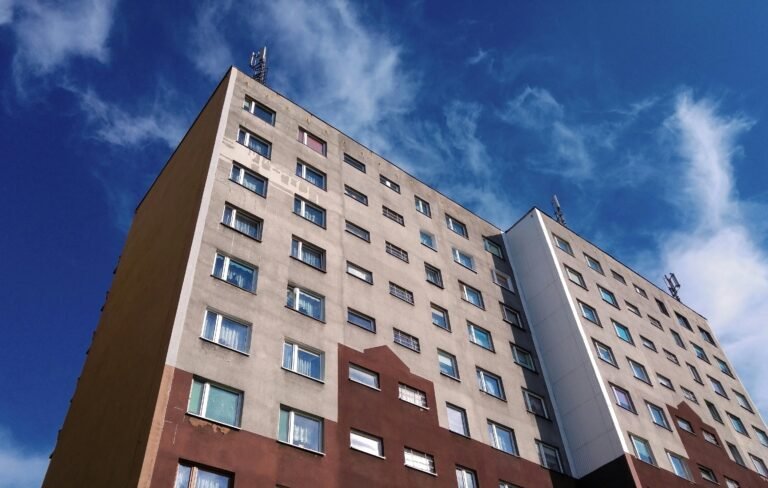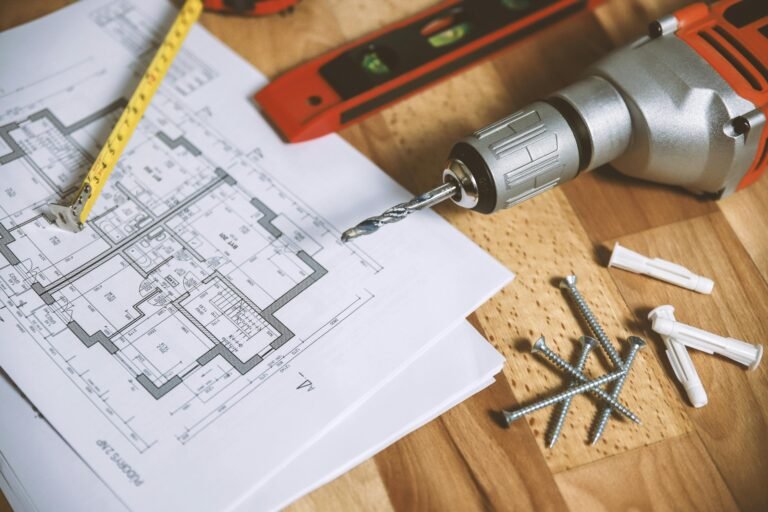Introduction
Commercial development is a dynamic and multifaceted process that involves planning, design, construction, and management of commercial properties such as office buildings, retail centers, and industrial complexes. As developers seek to meet the evolving needs of businesses and communities, it’s essential to understand the key components of successful commercial development. In this blog post, we’ll explore the essential elements of commercial development and provide insights into how developers can navigate the complexities of the industry to achieve successful outcomes.
Understanding Commercial Development
- Market Analysis and Feasibility Studies: Successful commercial development begins with thorough market analysis and feasibility studies to identify demand, assess competition, and evaluate the financial viability of proposed projects. Developers must understand market trends, demographic shifts, and economic indicators to make informed decisions about potential development opportunities.
- Site Selection and Due Diligence: Selecting the right site is critical to the success of commercial development projects. Developers must conduct comprehensive due diligence to assess site suitability, zoning regulations, environmental considerations, and infrastructure requirements. Factors such as location, access to transportation, visibility, and surrounding amenities play a significant role in site selection.
- Design and Planning: Design and planning are integral stages of the commercial development process, where developers collaborate with architects, engineers, and urban planners to create innovative and functional spaces that meet the needs of tenants and users. Sustainable design principles, energy efficiency, and flexible use of space are key considerations in modern commercial development projects.
- Financing and Capital Stack: Securing financing is a critical aspect of commercial development, requiring developers to assemble a capital stack that includes equity, debt, and other sources of funding. Developers must navigate complex financial markets, negotiate terms with lenders and investors, and manage cash flow throughout the development process to ensure project viability and profitability.
- Construction and Project Management: Construction management is a pivotal stage of commercial development, where developers oversee the construction process, manage contractors and subcontractors, and ensure quality control and safety compliance. Effective project management involves meticulous planning, budgeting, scheduling, and coordination to deliver projects on time and within budget.
- Leasing and Property Management: Once construction is complete, developers focus on leasing and property management to attract tenants, maximize occupancy rates, and generate rental income. Effective leasing strategies, tenant relations, and property maintenance are essential for long-term success and value creation in commercial development projects.
Navigating Challenges and Opportunities
- Regulatory Compliance: Commercial development projects are subject to various regulatory requirements, including zoning regulations, building codes, environmental permits, and land use approvals. Developers must navigate regulatory hurdles and obtain necessary permits and approvals to ensure compliance with legal and regulatory standards.
- Market Dynamics: Commercial development is influenced by market dynamics, economic trends, and industry cycles that can impact demand, supply, and pricing of commercial properties. Developers must stay informed about market conditions, anticipate changes in consumer preferences, and adapt their strategies to capitalize on emerging opportunities and mitigate risks.
- Sustainability and Innovation: Sustainable development practices and innovative design solutions are increasingly important in commercial development, driven by growing demand for environmentally friendly and energy-efficient buildings. Developers are embracing green building standards, renewable energy technologies, and smart building systems to enhance sustainability and reduce environmental impact in their projects.
Conclusion
Commercial development is a complex and dynamic process that requires careful planning, strategic decision-making, and effective execution to achieve successful outcomes. Real Estate Law Firm is here to provide expert guidance and legal support to developers navigating the complexities of commercial development. Contact us today to learn more about how we can assist you in realizing your commercial development goals and building the future of tomorrow’s cities and communities.




